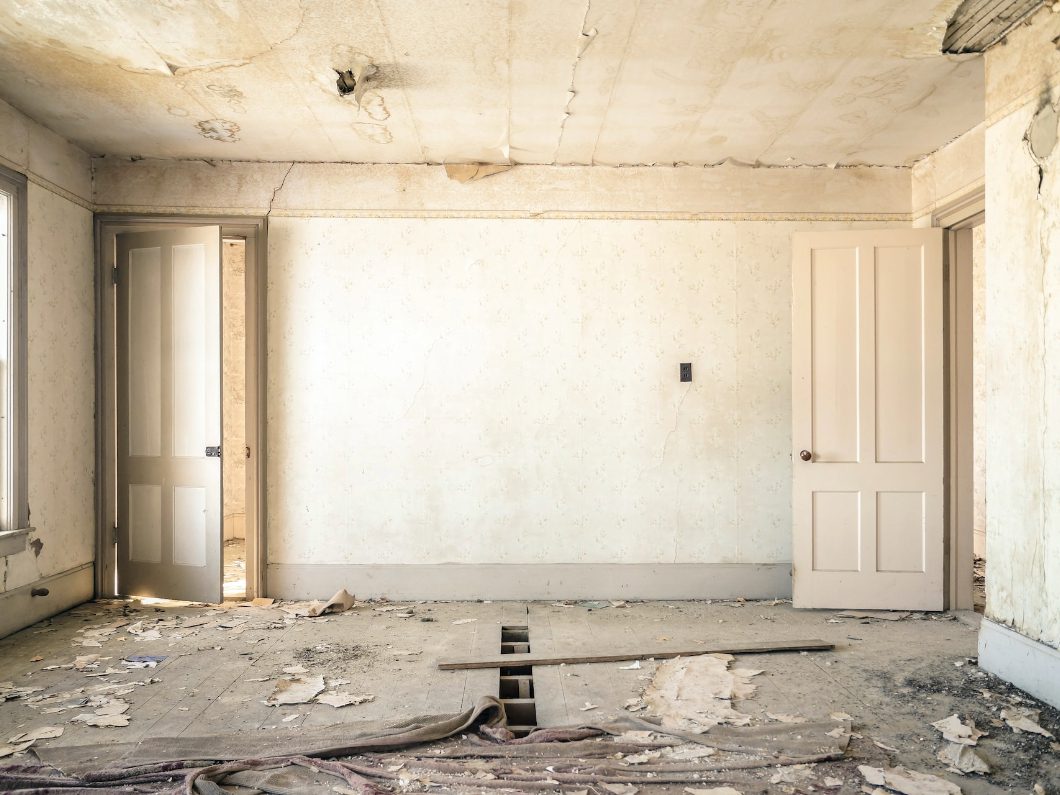31 March is approaching and it is the time of the year for us to plan our resolutions for the upcoming financial year. If you are a commercial landlord, have you thought of having improved protections against tenants’ default as your new financial year resolution?
Traditionally the most common landlord’s protection against a tenant’s default is a personal guarantee by the guarantor under a Deed of Lease. However, it may not be cost and time effective to enforce the guarantee. When the economy is not in the best shape and more businesses fail, it is crucial for the commercial landlords to take extra measures to protect themselves from being implicated in their tenants’ failure.
Just like everything else, success is reserved for those who are prepared. Do not underestimate the importance of undertaking due diligence on the proposed tenant as step one of the landlord’s protection plans. The landlord may assess the desirability of the proposed tenant and the required collateral security through reviewing the proposed tenant’s financial statements and understanding their group structure. Sometimes a credit report will be helpful.
Some of the collateral security options are set out below:
- Personal guarantee – It is the most common security for the lease, usually given by the directors, principal shareholders and/or parent company and mostly as an unlimited guarantee. While the unlimited guarantee would secure the tenant’s performance of the lease, the effectiveness of the guarantee is dependent on the guarantor’s net assets and the enforcement of guarantee can be more time consuming and complex than the other options.
- Bank guarantee – It is usually given by the tenant’s bank with a specified guaranteed amount and a specified expiry date as agreed by the landlord and tenant. If the tenant is in default, the landlord can call on the bank guarantee before its expiry date by giving written notice to the bank.
- Security payments – It is commonly known as cash bond, which is to be held by the landlord. The terms of the bond under the lease usually allow the landlord to deduct funds from the bond to remedy the tenant’s default. The tenant may or may not be required to top up the bond after a rent review depending on the terms of the lease.
- Security over the tenant’s assets – It is not a common security to be taken by the landlord. But it can be useful for a landlord to take a security over the tenant’s assets in some circumstances, e.g. a security interest over an expensive asset owned by the tenant (such as a particularly expensive fitout that could be re-purposed by a subsequent tenant). If such security is to be taken, the landlord should register their security on the Personal Property Securities Register to preserve their priority against other creditors. The landlord should also consider how such security would be realised and how the proceeds of the security would be valued before taking such security.
Regardless of which security or combination of securities is being taken and given, it is critical to ensure that (1) the terms relating to the security arrangements are carefully considered and clearly recorded in the lease and (2) the agreed security is put in place. It is equally important to keep on top of the tenant’s performance of their obligations under the lease. If the tenant is in default under the lease, follow up with them promptly and if needed, issue a formal letter of demand with a set remedy period and/or call on the security.
There is no “one-size-fits-all” plan for the landlord’s protection plans. A landlord should determine the adequate security required alongside with the incoming tenant on a case by case basis. Good communication is always a good way to start and build a trusted long term landlord-tenant relationship. Are you ready to make improved landlord’s protection planning as your new financial year resolution?



